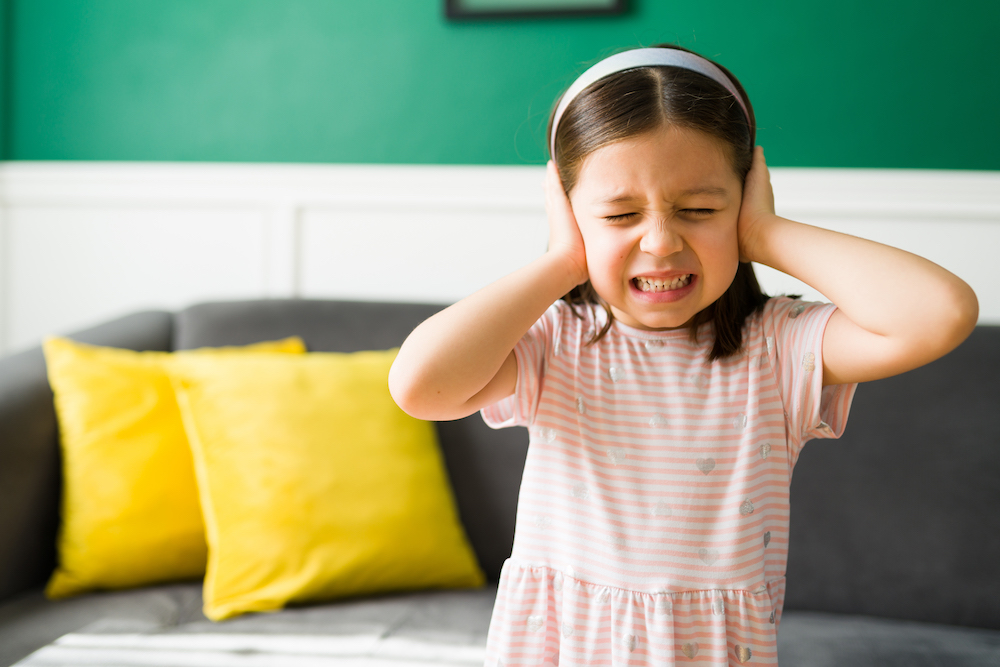
I’m going to paint you a picture. You’re fresh out of a warm bath, cosy in your pyjamas. It’s dark outside and peacefully silent as you climb into bed and rest your head on your pillow.
You turn to face your partner and whisper, ‘goodnight’, before rolling away and closing your eyes, anticipating a night of rejuvenating rest.
Two minutes later, the foghorn that is your partner’s snoring begins to ring in your ears… a nightmare you can’t awake from. Your eyes dart open, your blood begins to boil and your dream of a night of rejuvenating rest has been ripped away from you.
Sounds familiar?
If so, you might have something called ‘misphonia’.
Misphonia is a disorder which causes sufferers to become emotionally affected by common sounds typically made by other people such as chewing, snoring or even breathing.
These trigger noises induce a fight-or-flight response which can result in an outburst of anger and an overwhelming need to get away from the noise.
Researchers from King’s College London and the University of Oxford have discovered that almost one in five people in the UK (18.4 per cent) suffer from misphonia.
Interestingly, analysis shows that misophonia is equally common in both men and women, but symptoms exhibited by those with the condition are less severe in older age groups.
This figure is based on the results of questionnaires completed by 772 people who were representative of the UK general population across sex, age and ethnicity.
The study is the first of its kind in the UK and was funded by the National Institute for Health and Care Research (NIHR) Maudsley Biomedical Research Centre and Wellcome.
Just 2.3 per cent were able to identify that they had the condition and 13.6 per cent of all respondents had heard of misophonia before. This suggests that many people who suffer with misphonia are not aware that their behaviour is associated with a condition.
Extreme reactions resulting from misphonia include anger and panic, but irritation is most common. The condition can also majorly impact a person’s life, resulting in self-isolation, increased worry and negative feelings about one’s self.
Dr Jane Gregory, clinical psychologist at the Department of Experimental Psychology, University of Oxford and senior author of the report said, “The experience of misophonia is more than just being annoyed by a sound. Misophonia can cause feelings of helplessness and being trapped when people can’t get away from an unpleasant sound. Often those with misophonia feel bad about themselves for reacting the way they do, especially when they are responding to sounds made by loved ones. More research is needed to understand what causes misophonia and how we can help those people whose symptoms disrupt their day to day lives.”
Specialist PR agency
We serve clients who want support from public relations professionals who can assist them with their communication programmes. Our work includes PR strategy, media liaison, writing, marketing, brochure and web design.
Our clients want support from people who will be proactive in their approach and who have their clients’ interests at the heart of what they do.
Based in Surrey, we serve clients from around globe looking for a positive impact to their communication activity.